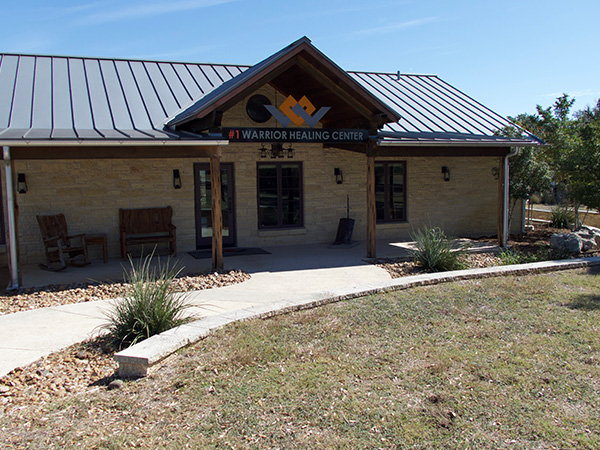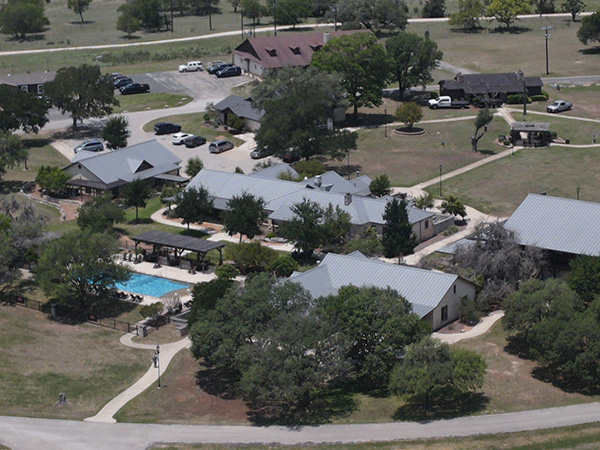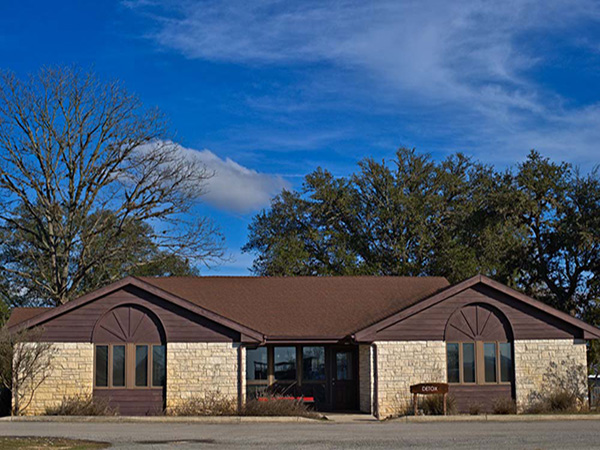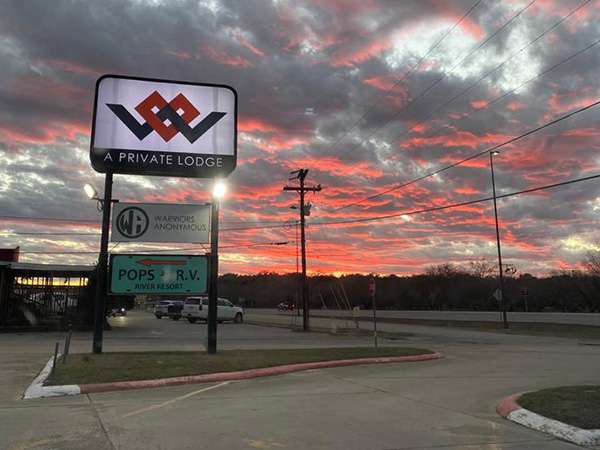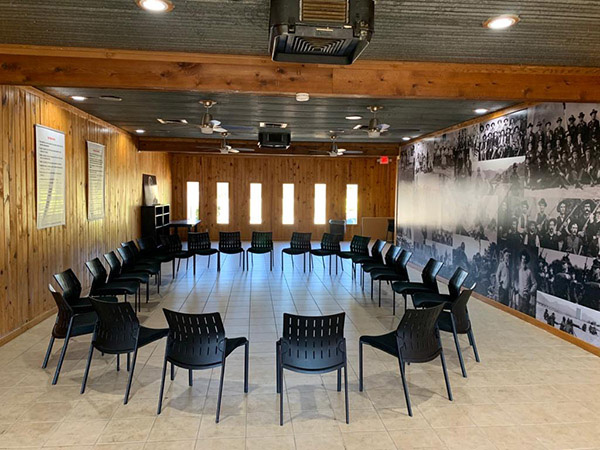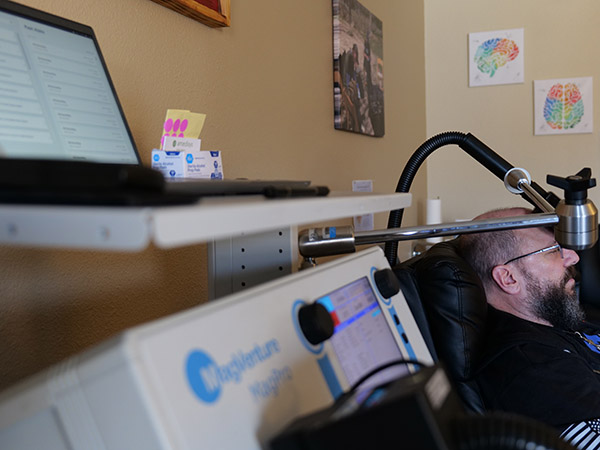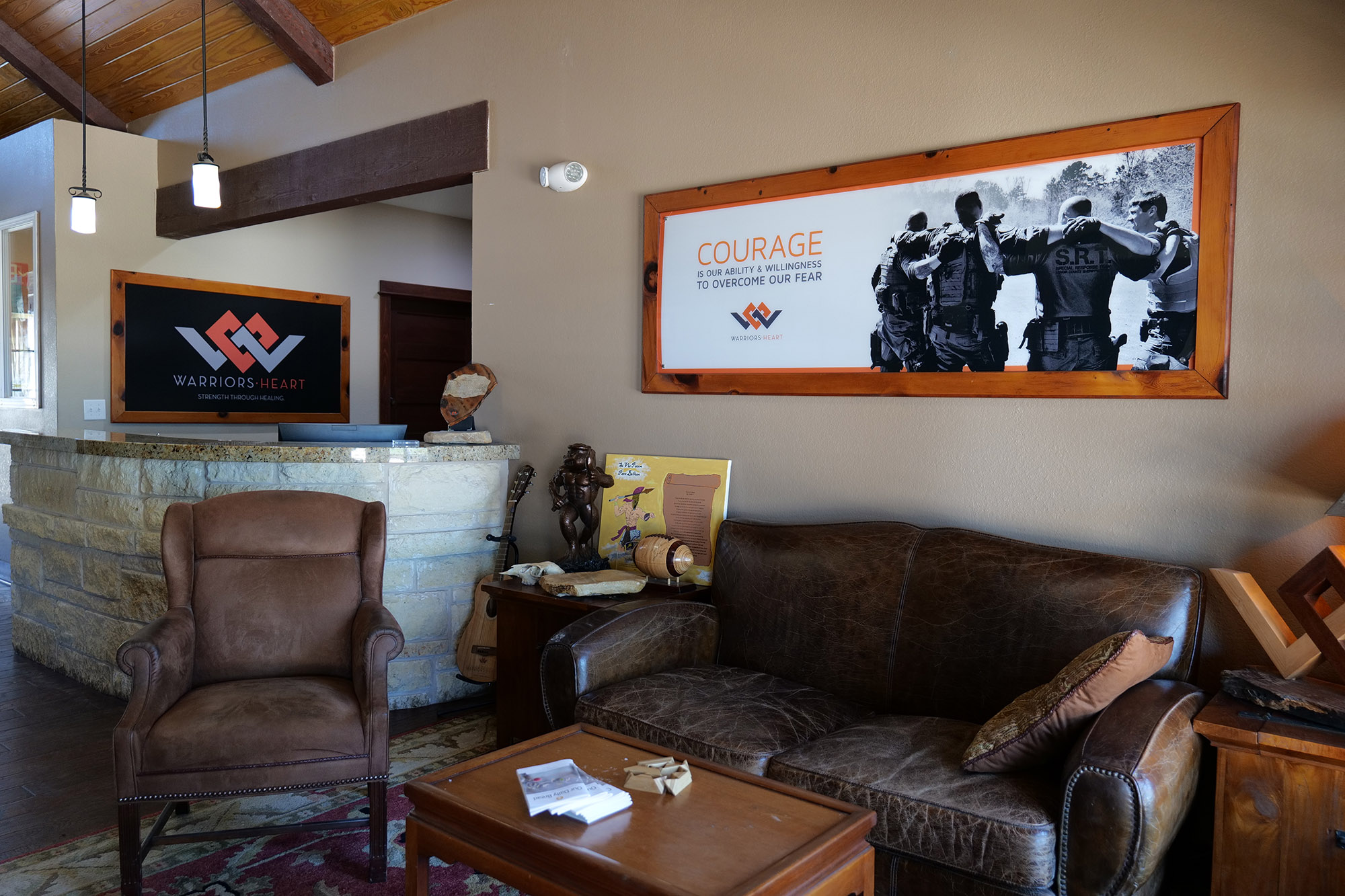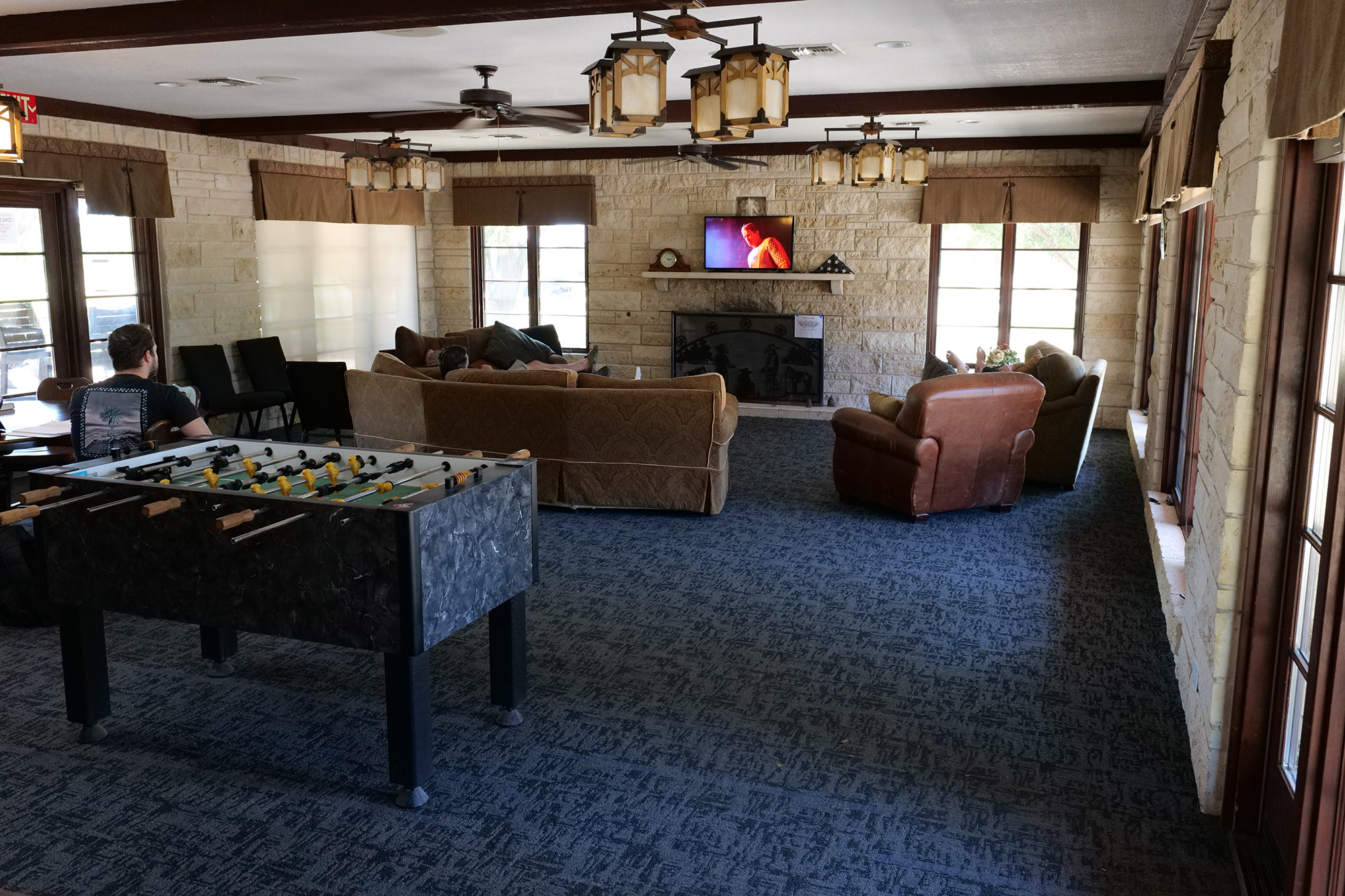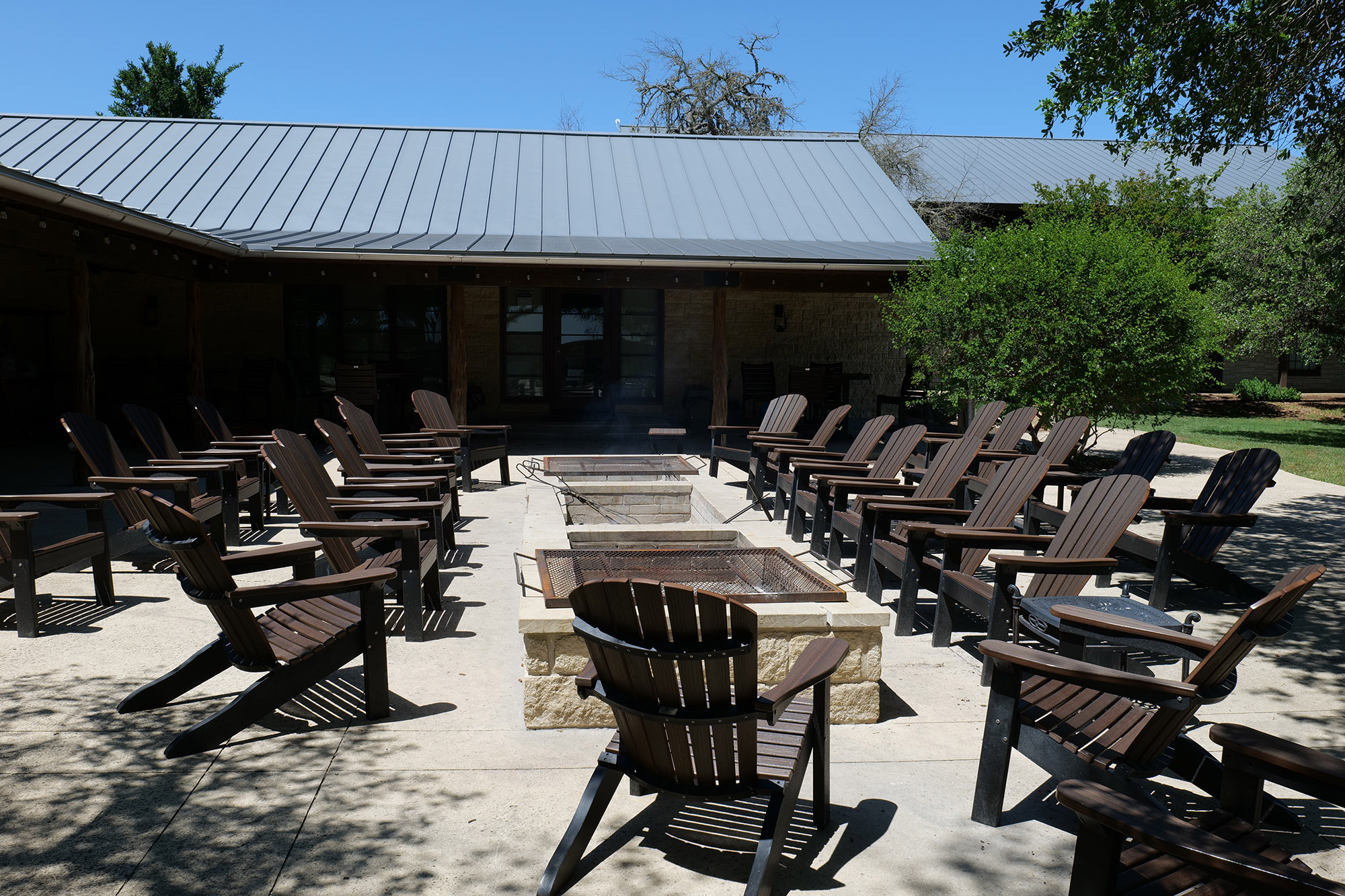Firefighters brave fierce flames in order to accomplish their mission: save the lives of those who are in danger. This pressure to act flawlessly with each call along with the constant need to be ready for anything could wear down even the toughest person. Combined with a need to appear tough, several firefighters might turn to alcohol or drugs to remain calm.
This can lead to substance abuse, alcohol abuse, or development of PTSD as a result of the trauma. For families and friends, this can also be painful to watch. In order to avoid further damage, it’s important to be aware of any of the damaging signs that could point to PTSD or addiction.
In order to provide the best treatment possible, we only accept those who suffer from addiction by itself or in conjunction with psychological disorders such as PTSD.








